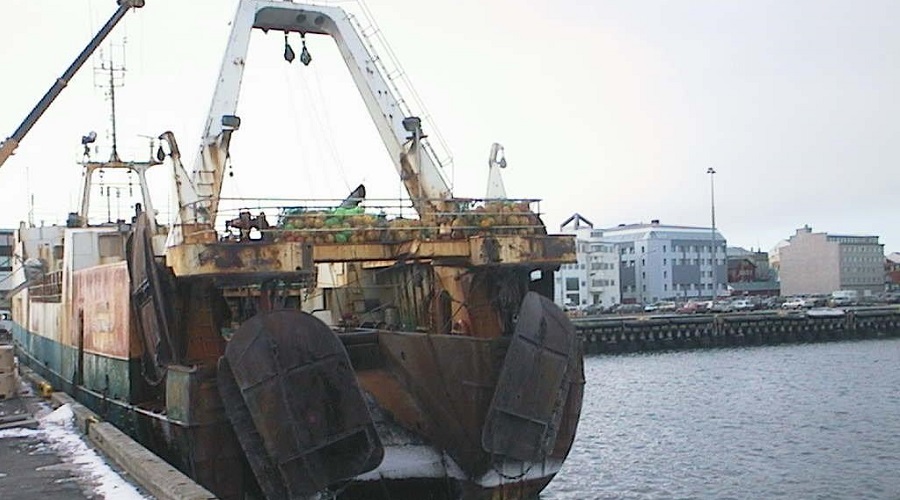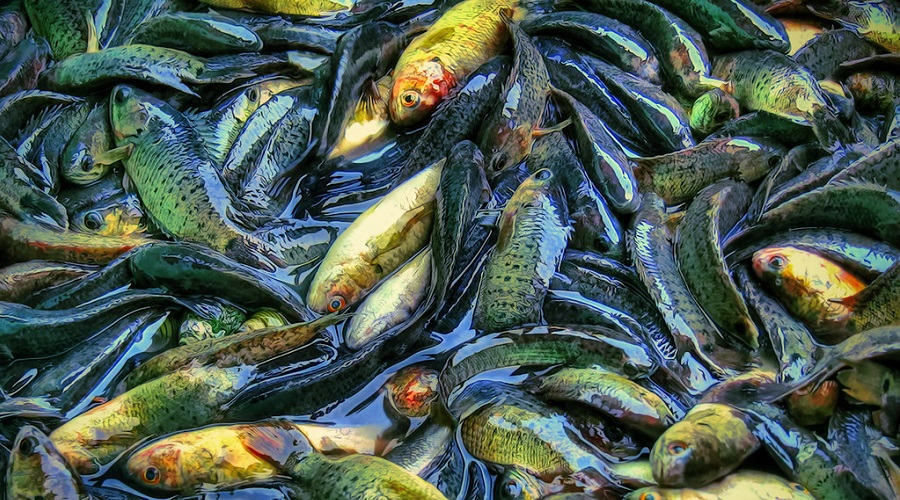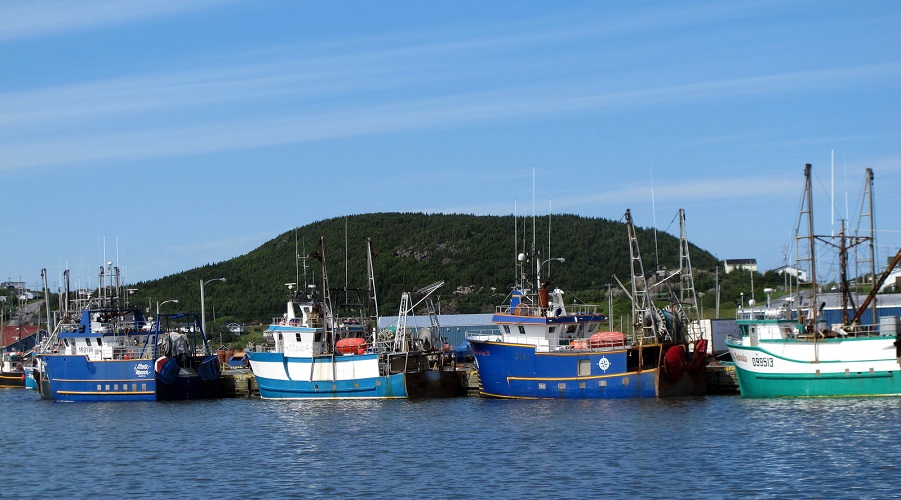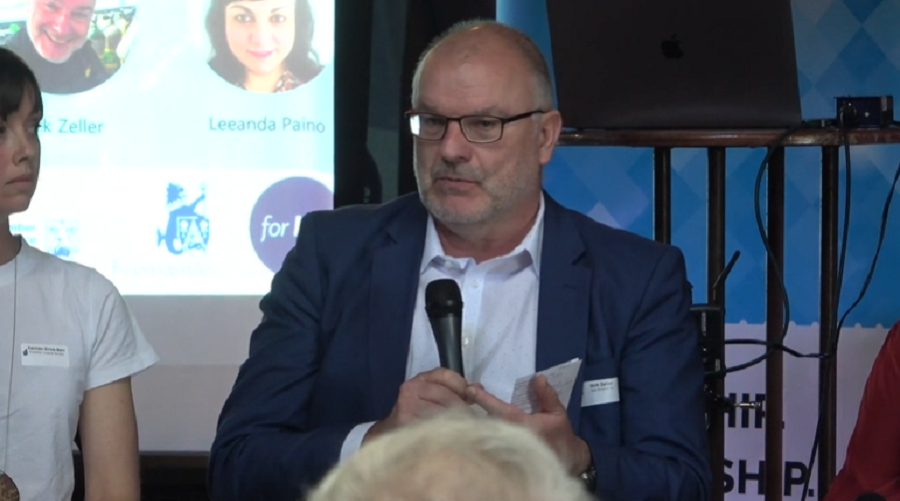
A new report by leading fisheries experts found that over 99 percent of bottom trawling worldwide occurs inside the Exclusive Economic Zones of coastal nations—with much of the effort focused within just 12 miles of shore— posing risks to critical habitats and traditional, small-scale, artisanal fishing operations. As the only globally significant fishing practice that requires sustained contact with the seabed, bottom trawling has a uniquely high impact, one that can drive habitat destruction, coastal conflict and major fuel-related carbon emissions.






